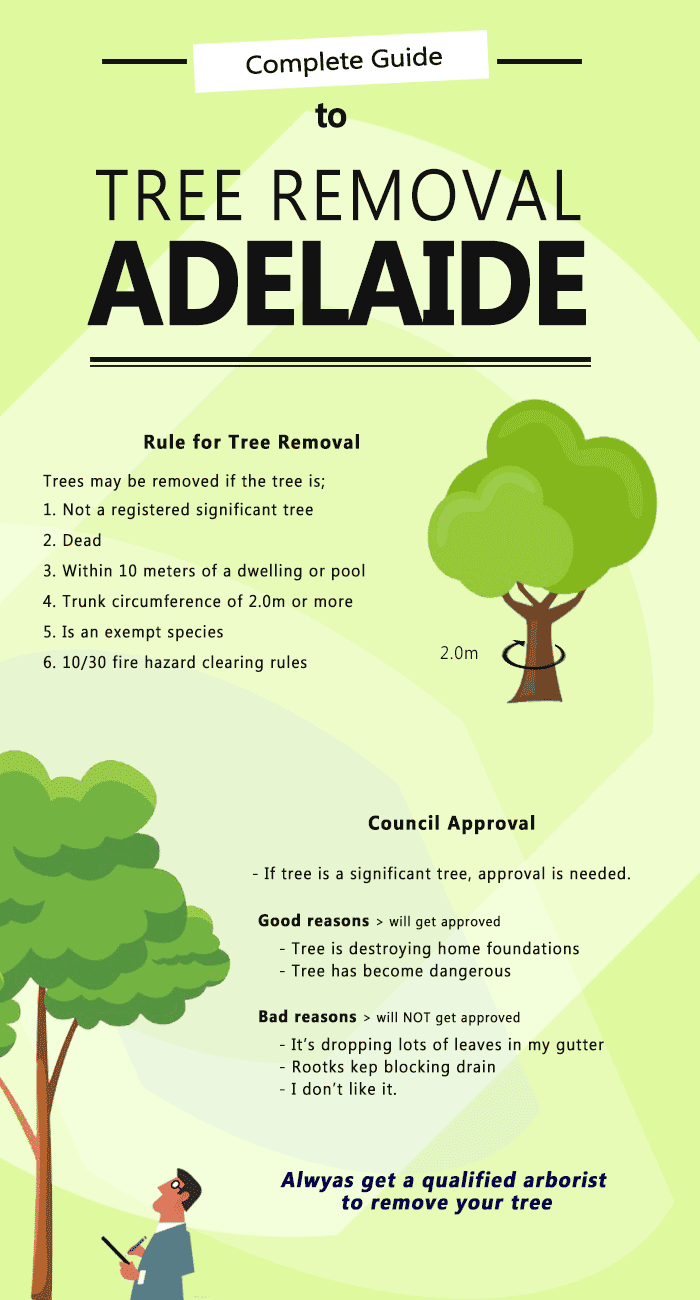The Ecological Impact Of Tree Removal: What You Must Know
The Ecological Impact Of Tree Removal: What You Must Know
Blog Article
Short Article Author-Juarez Hull
When it pertains to the ecological influence of tree elimination, there are essential aspects that require your focus. From the complex internet of connections within environments to the succeeding effects on climate patterns, the repercussions are profound. You might be amazed to discover the elaborate methods which the removal of trees can resound throughout the atmosphere. Stay tuned to untangle the elaborate connections and ramifications of this seemingly uncomplicated act.
Logging and Habitat Loss
Logging and habitat loss are critical concerns stemming from tree removal. When trees are cut down, it interrupts entire ecosystems. Not just are the trees themselves shed, however the homes and food resources of countless plant and pet species are damaged also. Birds lose their nesting websites, creatures lose their sanctuary, and insects shed their habitats. The effects ripple with the food chain, affecting killers and prey alike.
In addition, logging contributes to environment modification. Trees play a critical duty in taking in co2, a greenhouse gas that catches heat in the ambience. With less trees, there's much less carbon dioxide absorption, bring about raised degrees of this gas in the environment and exacerbating global warming.
Habitat loss is a direct result of deforestation, as the devastation of forests suggests the loss of unique and diverse communities. Numerous types are unable to adapt to rapid changes in their environment, resulting in population declines and, in many cases, extinction.
Securing forests is important to preserving the fragile equilibrium of nature and making certain the survival of plenty of plant and animal varieties.
Effect on Biodiversity
The removal of trees has a substantial influence on biodiversity, influencing the range and wealth of plant and pet varieties in an area. Trees supply habitat and food sources for many microorganisms, from bugs to birds to animals. When trees are eliminated, these varieties shed their homes and sources of sustenance, leading to a decrease in their populaces. This interruption can have plunging results on the whole ecological community.
Additionally, trees play a crucial function in preserving biodiversity by developing microhabitats within their covers, trunks, and origins that support a wide variety of types. When trees are lowered, these specialized settings are ruined, reducing the general variety of the location.
Additionally, the elimination of trees can cause a decrease in hereditary diversity within plant populaces, as certain tree varieties may no more have the ability to recreate or spread efficiently. Protecting https://precision-timber-felling.s3.amazonaws.com/index.html and woodlands is important for preserving biodiversity and ensuring the wellness of ecosystems for future generations.
Dirt Disintegration and Environment Change
With trees being gotten rid of from a location, the disruption of soil framework and security happens, resulting in raised soil erosion. Trees play an essential function in preventing erosion by holding dirt in place with their origin systems. When trees are removed, especially in lots, the soil comes to be a lot more at risk to erosion from wind and water. This erosion not only impacts the instant surroundings but can also cause sedimentation in close-by water bodies, affecting water quality and marine ecological communities.
Moreover, trees assist manage the climate by absorbing co2 during photosynthesis. When trees are reduced, this all-natural carbon sink is lessened, adding to enhanced degrees of greenhouse gases in the atmosphere. https://www.nbcchicago.com/news/local/chicago-park-district-project-sparks-concern-after-dozens-of-chopped-trees/2197971/ can aggravate climate modification, leading to even more severe weather condition events and interruptions in environments worldwide.
Therefore, the elimination of trees not just accelerates soil erosion yet additionally contributes in the larger ecological problem of environment change. It's important to consider these factors when evaluating the influences of tree removal on the environment.
Conclusion
Now that you recognize the ecological influence of tree elimination, consider the consequences prior to lowering trees. Logging disrupts environments, lowers biodiversity, and contributes to dirt erosion and environment change. By being mindful of the effect of tree elimination, you can assist safeguard our setting and preserve the fragile balance of nature. Make educated selections and consider alternative remedies to minimize the unfavorable effects on our planet.
